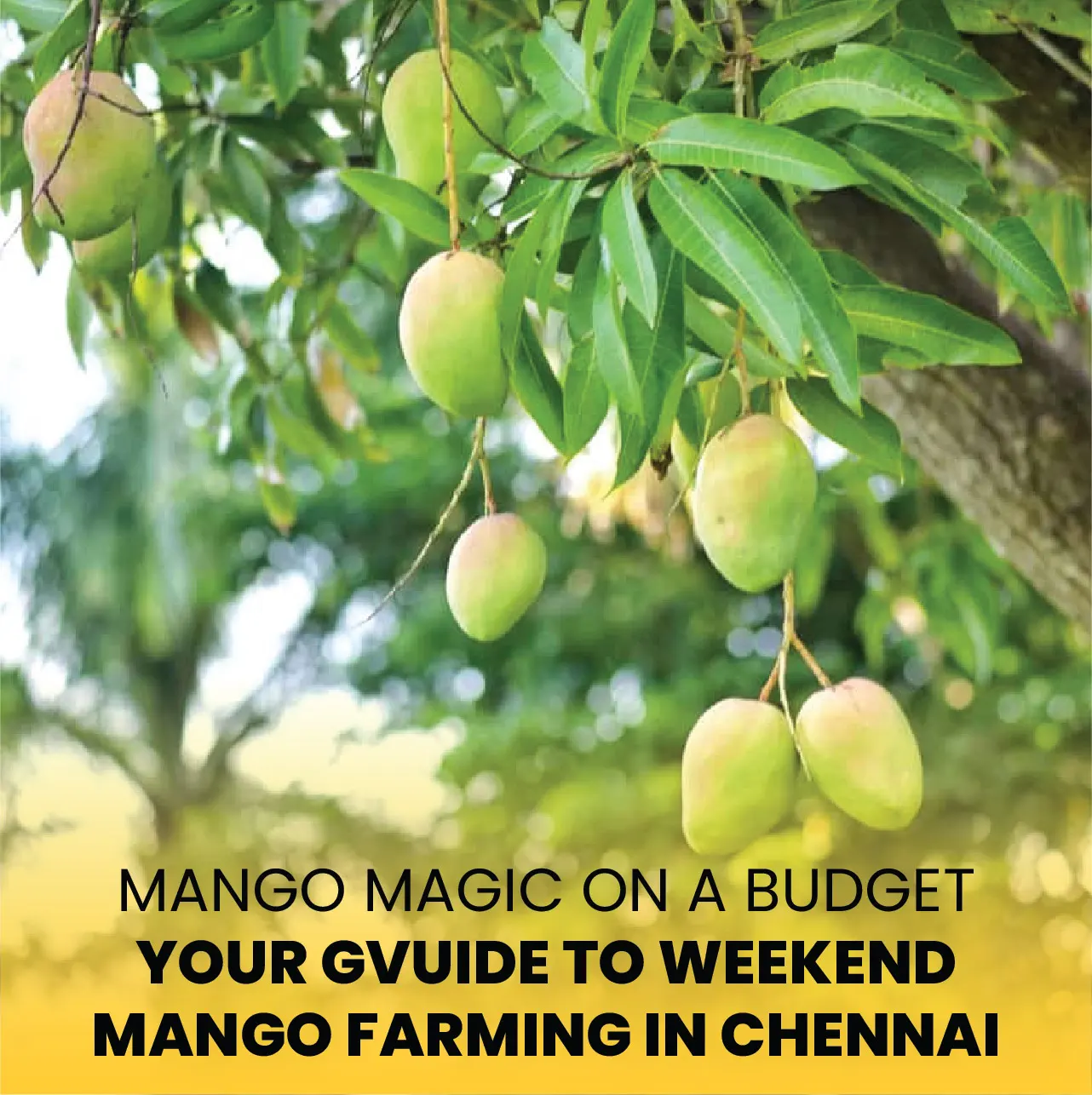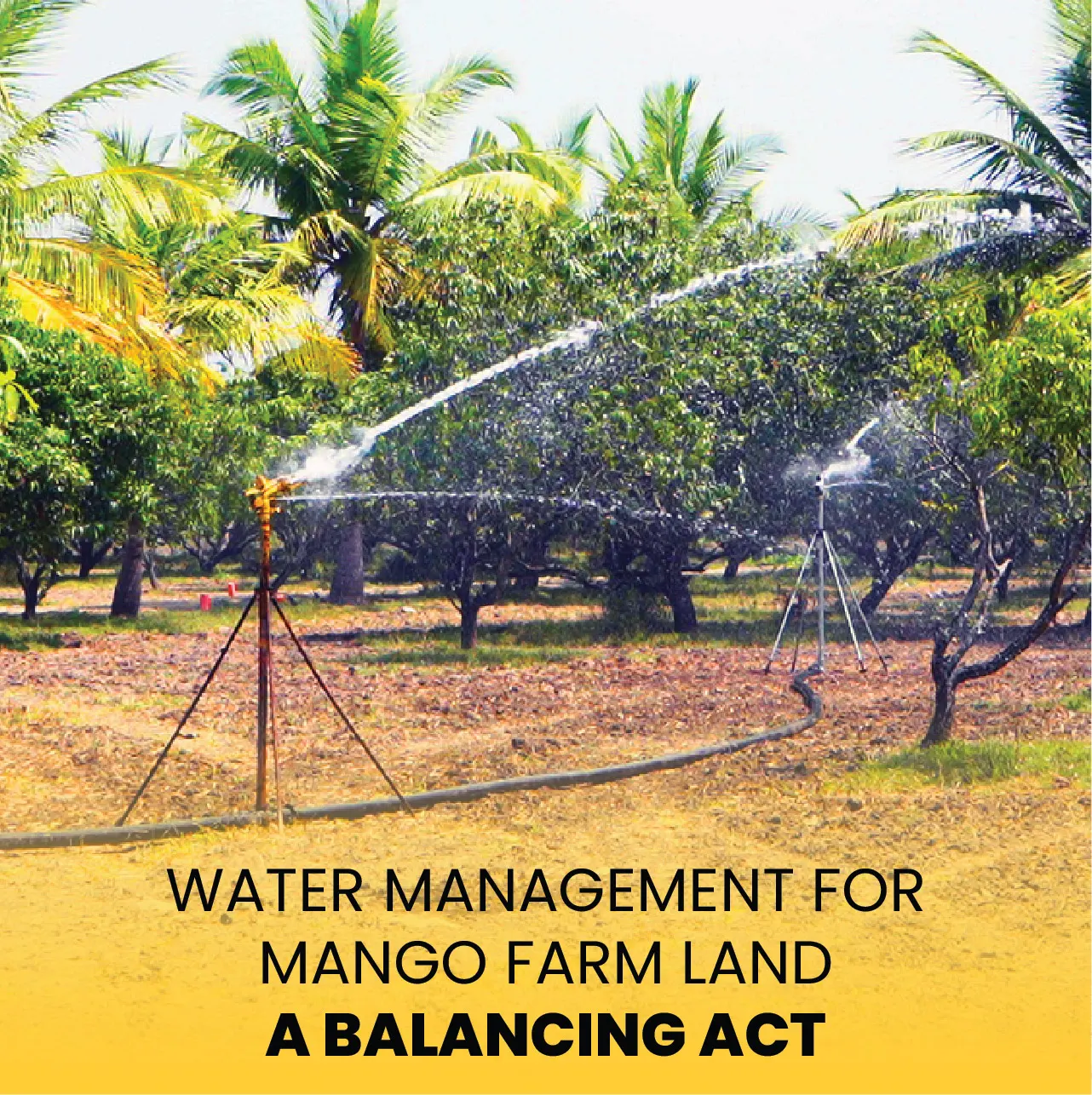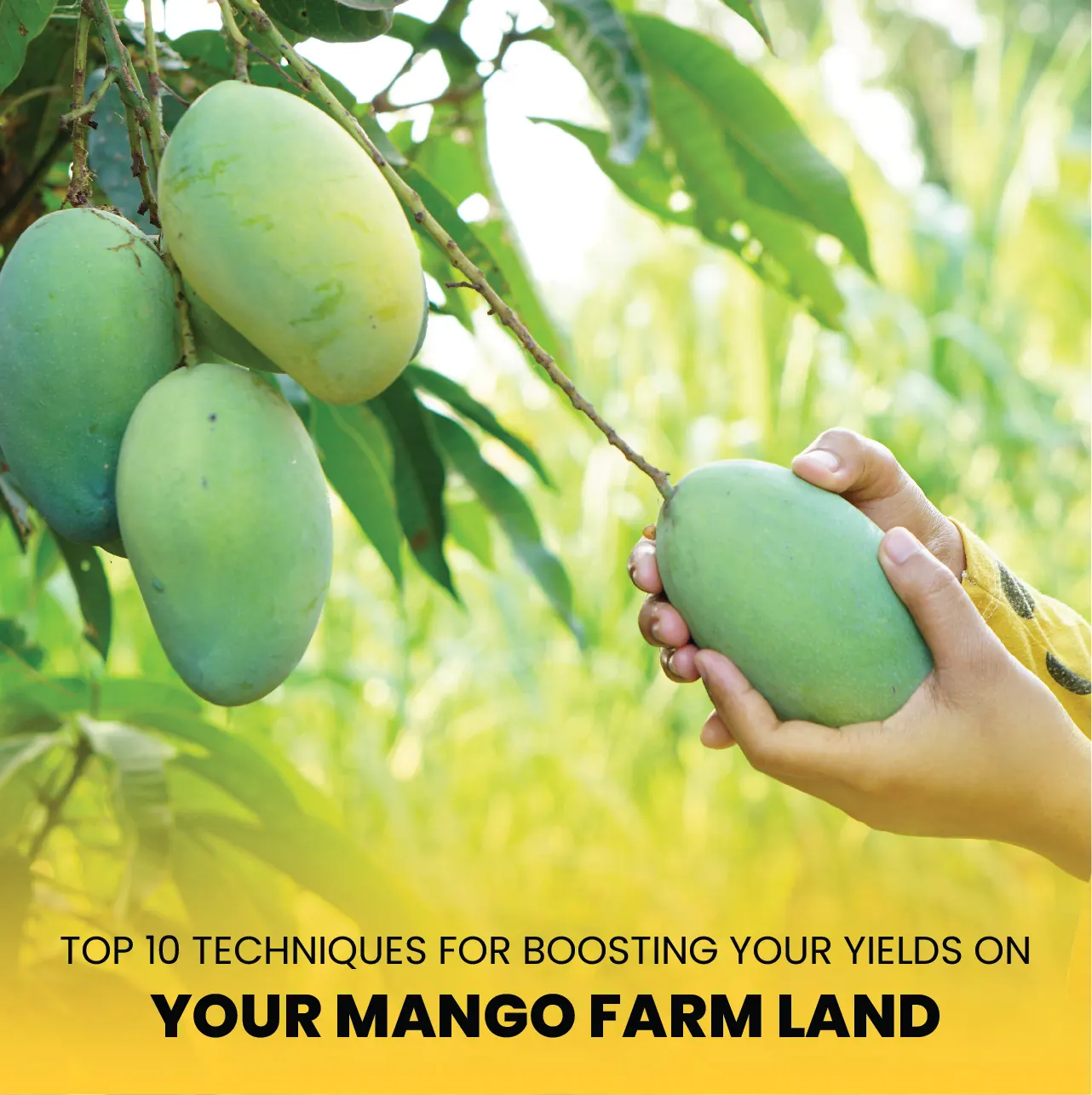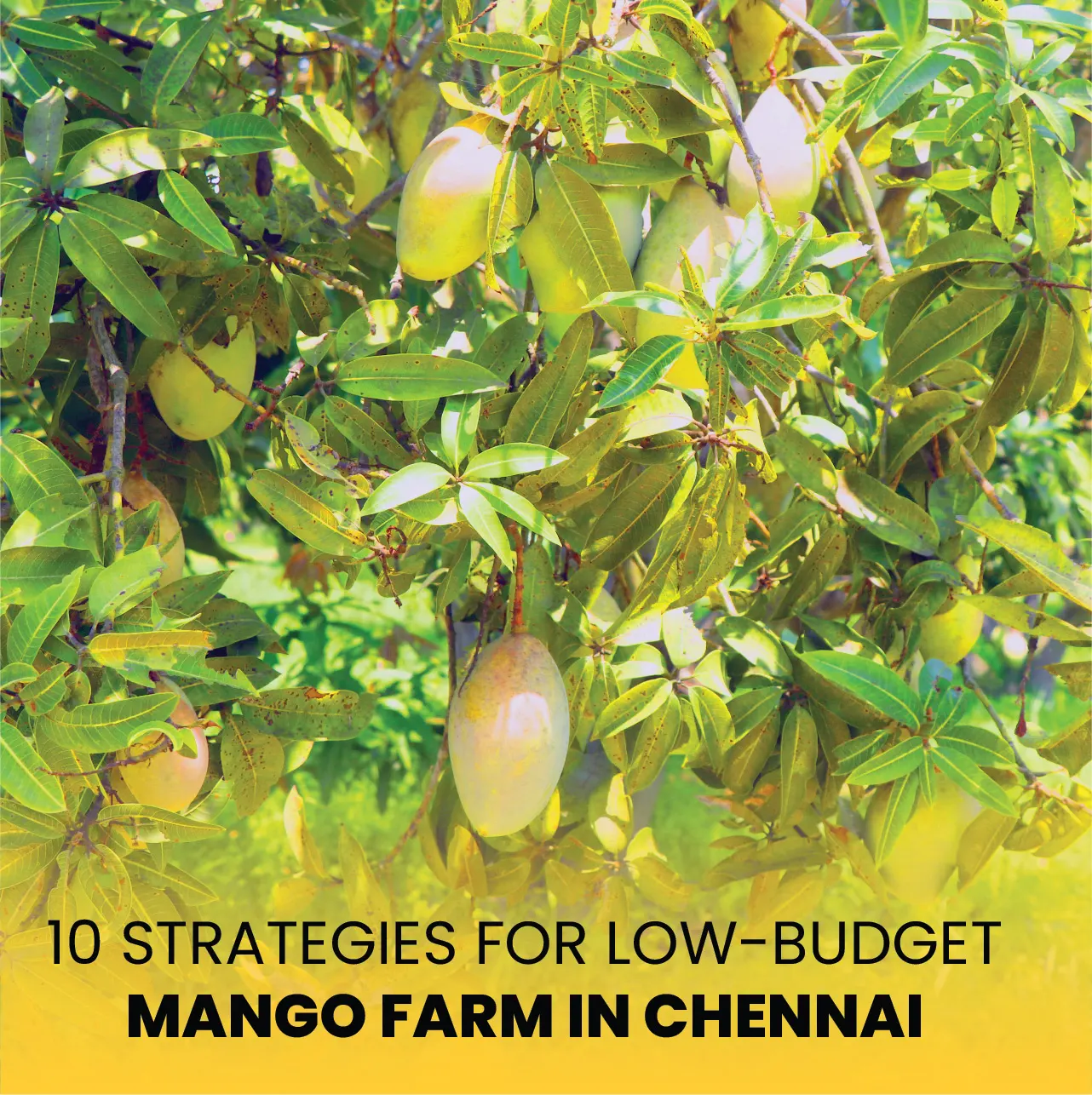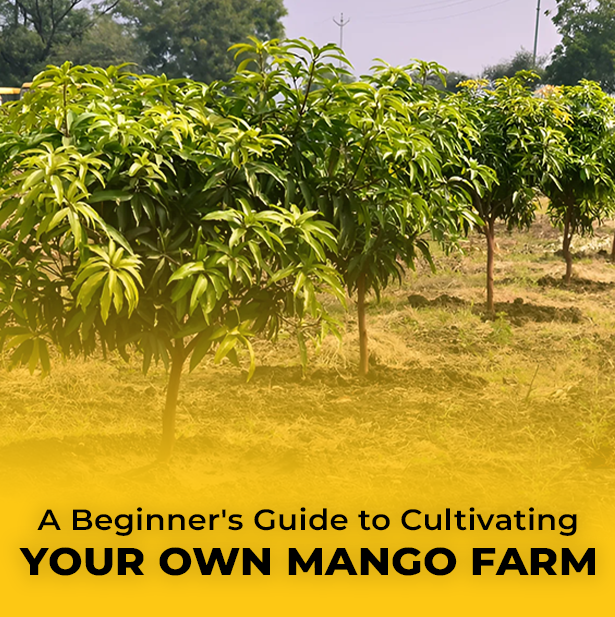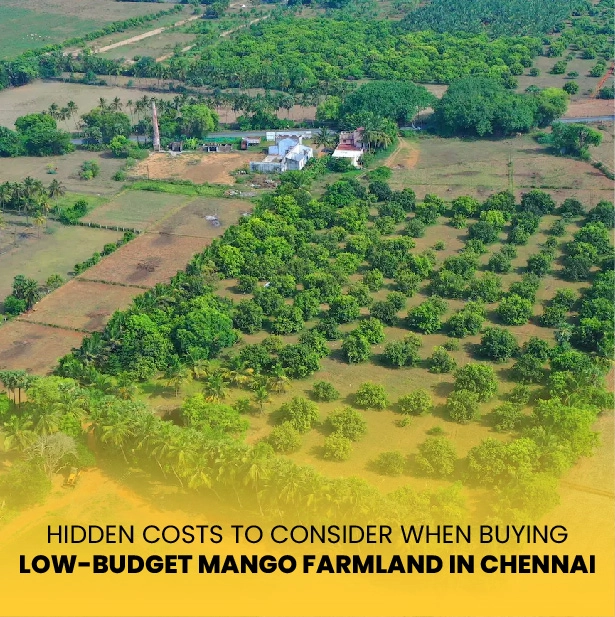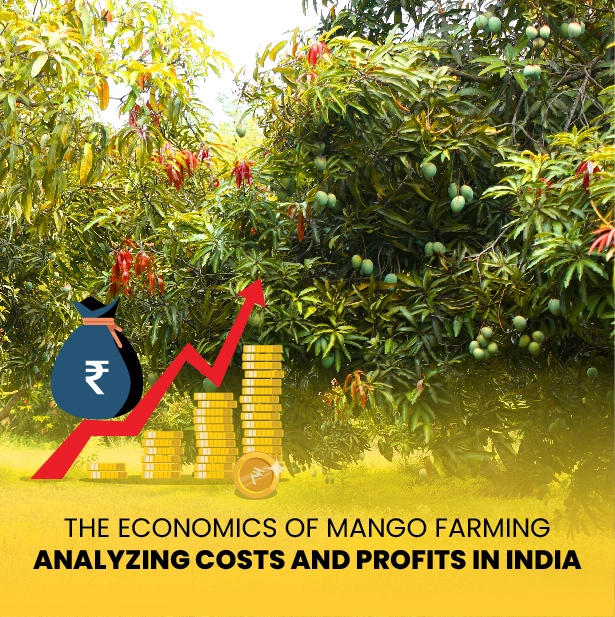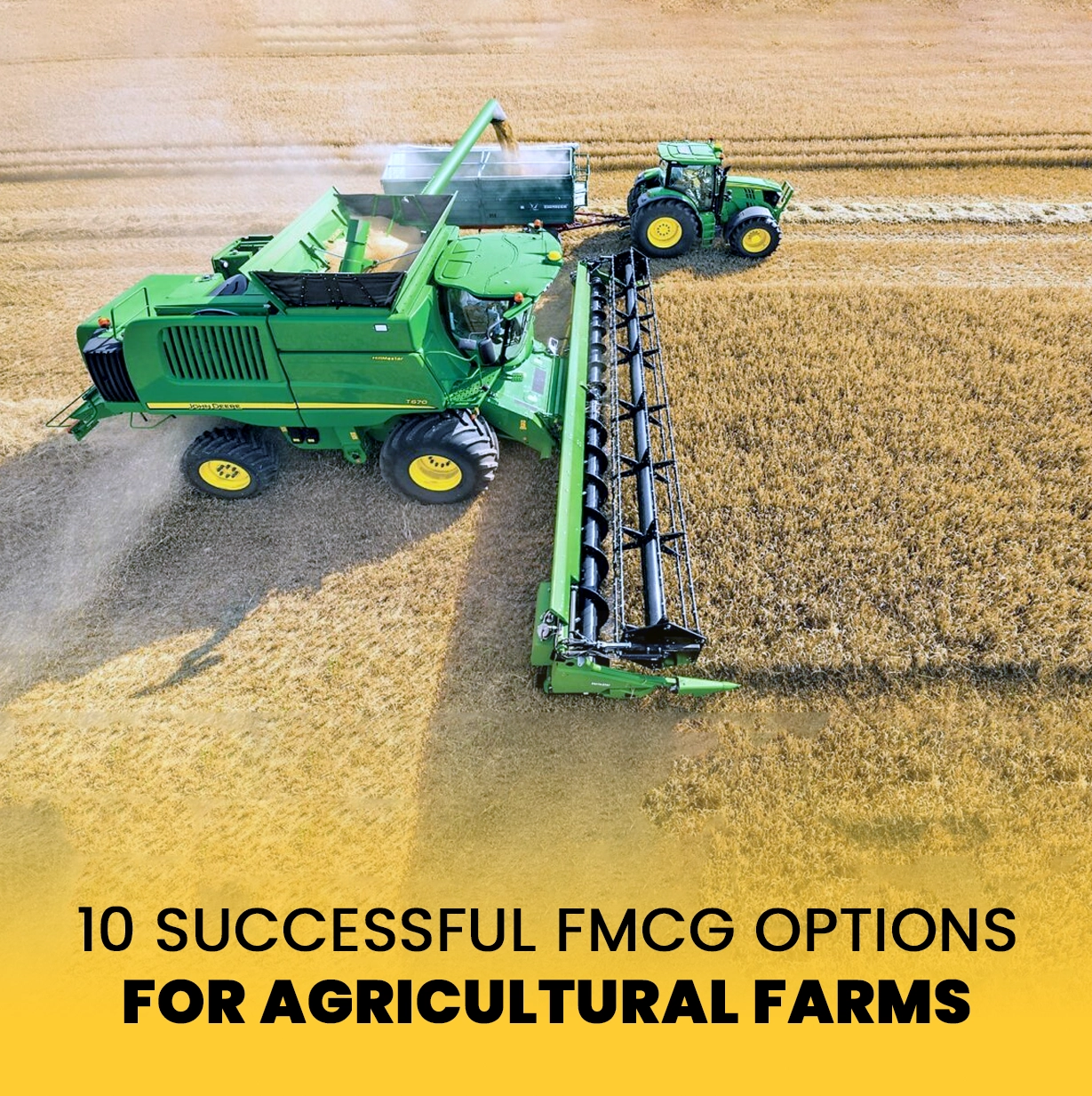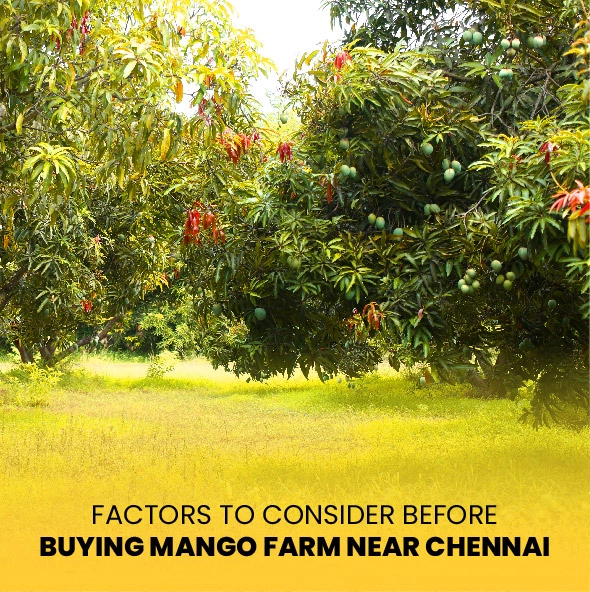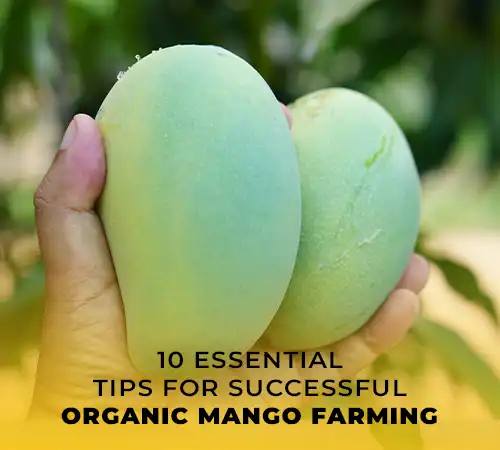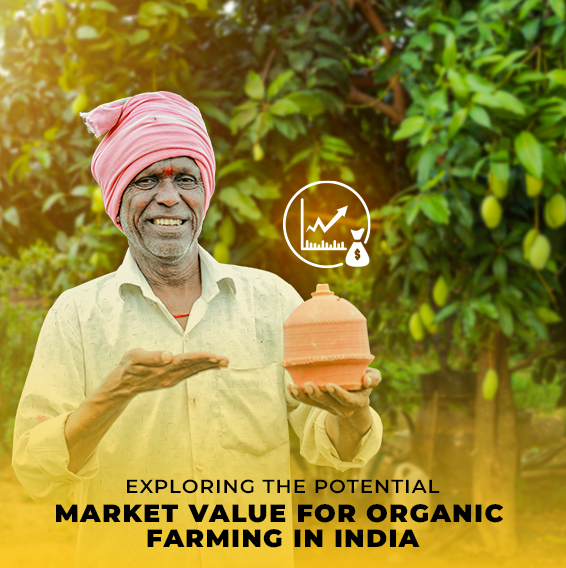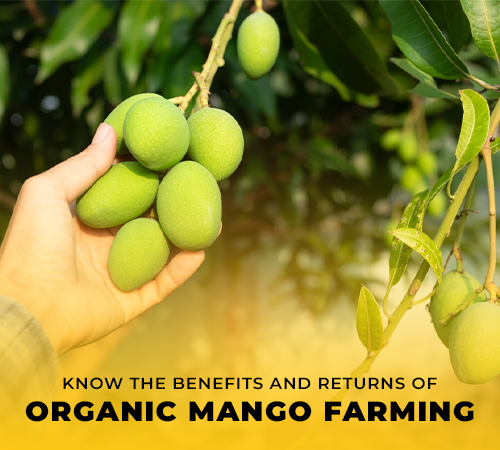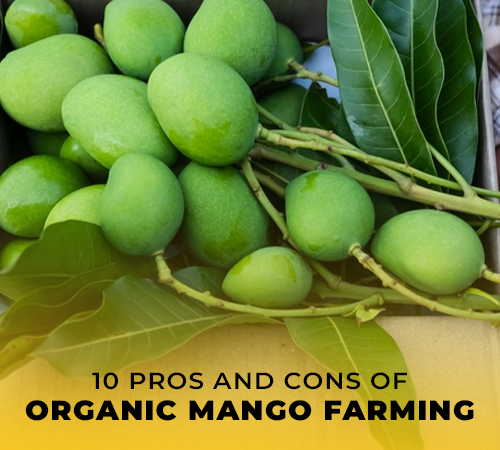For your mango farms to produce the most fruit, you need to use both traditional and new farming methods. At M/S Holidays Mango Farm, we focus on using modern methods that make us more productive while still being safe and good for the environment. We look at the best ways to increase mango output, from managing the soil to using advanced irrigation systems, so that farmers can get better fruit and more money. This blog will show you new ways to approach things that can make your fruit farm better.

you are improving the health of the soil is important for mango trees to grow and produce fruit. A healthy dirt gives plants important nutrients, helps plants hold on to water, and supports good microorganisms. The earth can become more fertile by adding things like manure and fertilizer. This can help trees grow stronger and produce more fruit. Testing the soil on a regular basis also helps farming figure out if there are any pH or nutrient issues. This lets them make the changes that will help the plants grow the best.
It is also important to use mulch, change the plants you grow, and use less chemical pesticides to keep the land healthy. You are following these steps will not only be better for the earth but also help mango farming last longer. It will make your mango trees stronger, give you more fruit, and a better harvest if you take care of your soil. This will increase both your output and your earnings.
The adoption of smart irrigation technologies is revolutionizing mango farming by maximizing water efficiency and crop yields. One method that raises moisture levels while decreasing water waste is drip irrigation, which directs water to the root zone. This method improves fruit yield, saves water a precious commodity in areas where it is scarce—and promotes tree development.
Another novel technology is the use of soil moisture sensors, which enable farmers to track the water requirements of mango plants in real time. Farmers can minimize overwatering and underwatering by changing irrigation schedules depending on real soil moisture levels, ensuring that mango plants receive enough water to grow properly. This results in higher fruit quality, more consistent crop yields, and less water usage, thus improving mango farming's sustainability and profitability.
Keeping pests under control is very important for keeping mango farms healthy and productive. Integrated Pest Management (IPM) uses a mix of biological, cultural, and chemical ways to keep pests from doing too much damage and keep the ecosystem healthy. Aphids and mites can be controlled without the use of chemical poisons by drawing in natural predators such as birds and ladybugs.
Regularly monitoring mango plants for early indications of pests and taking appropriate action can help prevent large-scale infestations. It is better for the environment and prevents fruit from being contaminated by chemicals when pests are removed naturally, such as with neem oil or insecticidal soaps. By developing a pest management plan that incorporates crop rotation, hygienic practices, and resistant cultivars, farmers can maintain the health of their orchards and improve the quality and quantity of their mangoes. Mangoes will be grown for a long time with this method.
To get the most fruit from your mango farms, you need to use a variety of new methods, such as improving the soil, setting up efficient irrigation systems, and keeping pests away. You are using these tactics, farmers can make sure that their mango crops are healthier and of higher quality while also making more money. Our farm, M/S Holidays Mango Farm, believes in using methods that are good for the environment and help the farm be successful in the long run.


